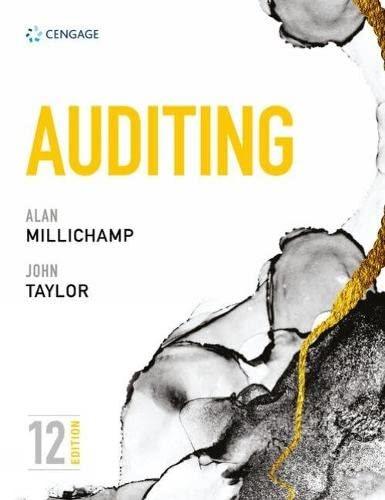12. The interest earned on both the initial principal and the interest reinvested from prior periods is called: A) free interest. B) dual interest. C) simple interest. D) interest on interest. E) compound interest. 13. Kurt won a lottery and will receive $1,000 a year for the next 50 years. The current value of these winnings is called the: A) single amount. B) future value. C) present value. D) simple amount. E) compounded value. 14. Sam just opened a savings account paying 3.5 percent interest, compounded annually. After four years, the savings account will be worth $5,000. Assume there are no additional deposits or withdrawals. Given this, Sam: A) will earn the same amount of interest each year for four years. B) will ean simple interest on his savings every year for four years. C) could have deposited less money today and still had $5,000 in four years if the account paid a higher rate of interest D) has an account currently valued at $5,000 E) could earn more interest on this account if the interest earnings were withdrawn annually 15. Which one of the following variables is the exponent in the present value formula? A) Present value B) Future value C) Interest rate D) Number of time periods E) There is no exponent in the present value formula. 16. Phillippe invested $1,000 ten years ago and expected to have S1,800 today He has neither added nor withdrawn any money since his initial investment. All interest was reinvested and compounded annually. As it turns out, he only has S1,680 in his account today. Which one of the following must be true? A) He earned simple interest rather than compound interest. B) He earned a lower interest rate than he expected. C) He did not earn any interest on interest as he expected. D) He ignored the Rule of 72 which caused his account to decrease in value. E) The future value interest factor turned out to be higher than he expected. 17. You invested S6,500 at 6 percent simple interest. How much more could you have carned over a 10-year period if the interest had compounded annually? A) $ 1,049.22 B) S930.11 C) S1,182.19 D) S1,201.15 E) $1,240.51







